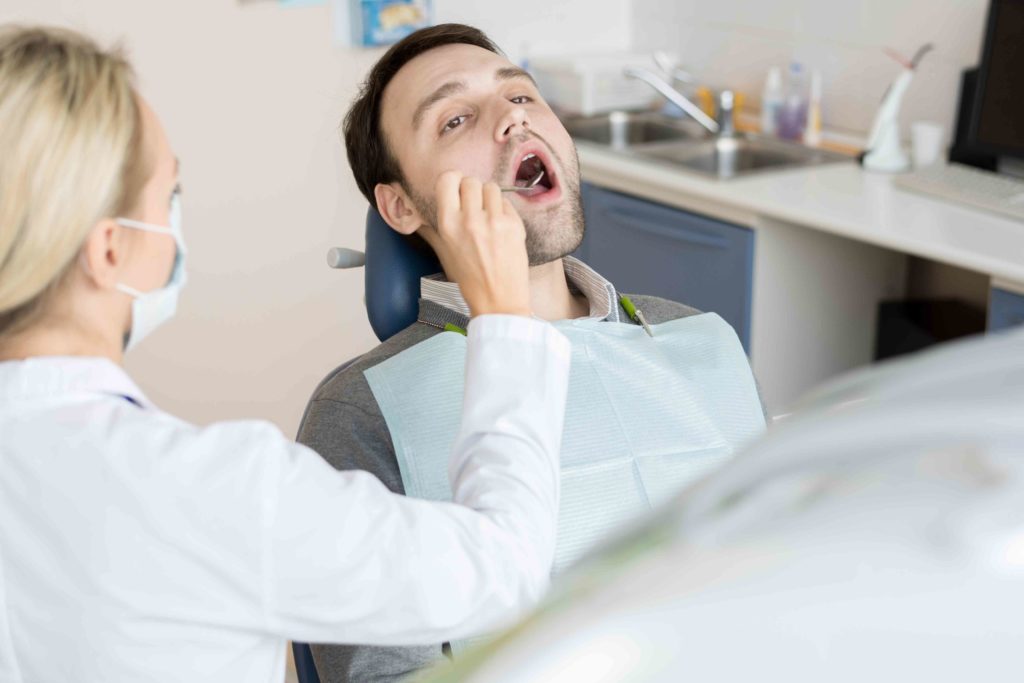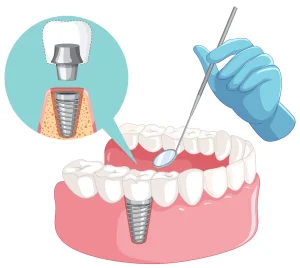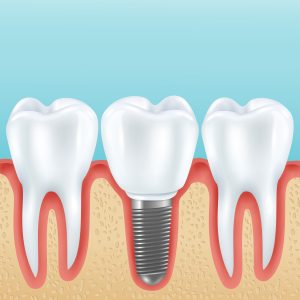Similar to general health emergencies, a dental emergency can happen at any time. Instead of the last-minute frantic search for an “emergency dentist near me”, this article lists out how to handle a dental emergency.
Table of Contents
Tips To Follow During A Dental Emergency
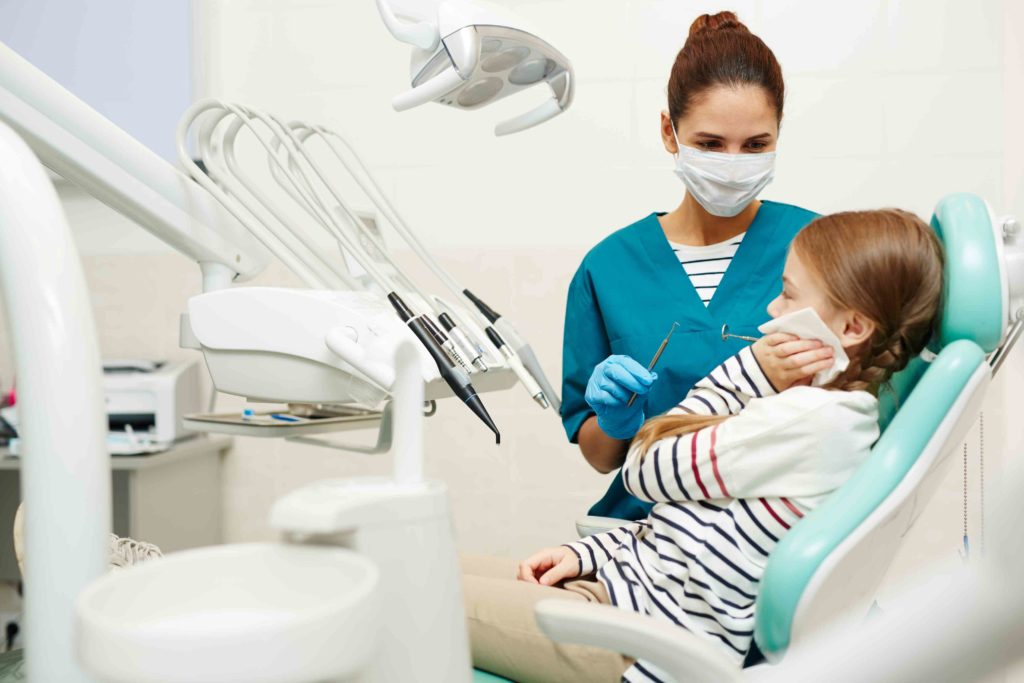
Ease Your Pain While You Get In Touch With Your Dentist
If you feel excruciating or bothersome pain, here are a couple of things you can do –
- Do hot and cold compresses on the area that is affected. This will help alleviate the pain and any inflammation such as Pulpitis. Try both compresses and continue using the one which helps you more.
- Use alcohol-free mouthwash to rinse your mouth. Alternatively, you can also use water. This helps prevent exacerbation in cases of infection.
- If you’re in extreme pain, take over-the-counter pain medication to relieve it. Painkillers also help avoid further swelling.
Ascertain Whether It Is A True Dental Emergency
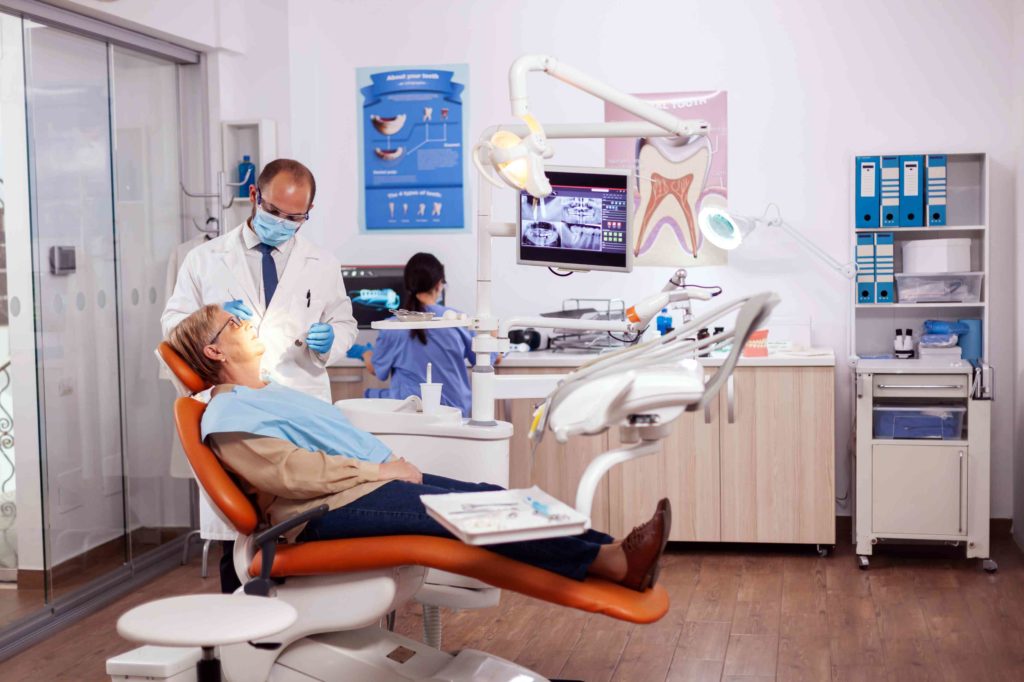
Before you pick up your phone to call your dentist at Anoka Dental, figure out whether your current condition constitutes a dental emergency. You can do this by assessing your pain level. These pain scales help you determine the severity of your pain and what you can do next.
Pain level 1-3: This is minor level pain and you can wait to schedule an elective appointment with your dentist at Anoka Dental.
Pain level 4-6: This reflects moderate pain and this can interfere with your daily activities. Should you feel moderate pain, it is best to visit your dentist sooner than later.
Pain level 7-10: Serious level pain and can affect your ability to conduct business as usual. Call your dentist Anoka ASAP.
Decide If You Should Act On The Emergency At The Moment
If you’re in a situation where you’re in obvious pain and discomfort but can’t figure out whether or not it is a dental emergency, don’t worry. If you’re suffering from any of the following conditions, schedule an emergency appointment with Anoka Dental right away –
- A tooth that has fallen out
- A broken tooth
- A fractured tooth
- Severe and uncontrolled bleeding
- Swelling
- Severe toothache
- Abscess or pus drainage
The sooner you can visit the dentist, the fewer the complications, and the better the outcome.
Find An “Emergency Dentist Near Me”
Once you’ve concluded that what you’re experiencing is indeed a dental emergency, it is time to get in touch with an emergency dentist.
It is much easier to find an emergency dentist during business hours and the weekdays. It can be equally trickier to find an emergency dentist after business hours and over the weekend.
Should you find yourself in a dental emergency, don’t hesitate to get in touch with Anoka Dental. Our team goes the extra mile when it comes to helping people deal with their dental issues – emergency or not. Give us a ring outside of business hours and on the weekend as well and we’ll squeeze you in for an emergency visit.
If you don’t have a dentist, you can search the internet for an “emergency dentist near me”. You will be redirected to all the offices in your locality that cater to emergencies.
If you have trouble finding a dentist, head to your nearest Emergency Room. They’ll provide any first aid you might require and also assist in finding a dentist who can help.
What Is The Most Common Dental Emergency?

Many situations constitute a dental emergency. The most common ones are listed below, along with what you need to do in that particular condition.
Toothache
Toothaches occur due to a variety of reasons – injuries, root canal infections, impacted or erupting wisdom teeth, etc. Chronic infections cause severe toothache along with facial swelling, pus drainage, and sometimes difficulty in swallowing and/or breathing.
Take a painkiller to help with the toothache and give your dentist a ring. Additionally, doing warm saline rinses (one teaspoon of salt in a glass of lukewarm water) also helps relieve pain. Should you have an abscess, painkillers and rinses won’t be of much help. Take a trip to your emergency dentist as soon as possible.
Tooth Loss
In cases of injury or infection, a tooth might fall out of its socket. This condition is relatively more common in children than adults.
If you experience tooth loss, pick it up by the crown and never the root. Rinse the tooth with water and place it back into the socket, holding it gently with a paper towel or clean gauze. If you feel that you’re unable to place it back into its original position, place it in water or a glass of milk. Visit your emergency dentist at Anoka Dental ASAP, since time is of the essence in such cases to retain the tooth’s vitality.
Tooth Displacement
Similar to the loss of a tooth, injuries and infections can also lead to the displacement of a tooth. This situation can be extremely painful and constitutes a dental emergency. Furthermore, a displaced tooth can be permanently damaged if not treated.
Do not try to fix the tooth back into its place yourself. Instead, get in touch with our emergency dentists at Anoka Dental.
Facial Injuries
Accidents can lead to injury of the face and swelling. These are often accompanied by bleeding, broken or chipped teeth, and insurmountable pain. Uncontrolled bleeding is a serious emergency and time should not be wasted.
Rinse the area that is affected and assess your injuries. Apply pressure to the area that is bleeding and contact your dentist immediately. With only soft tissues affected, you can also visit the ER should you find yourself unable to contact a dentist.
Damaged Dental Work
If you happen to dislodge your dental crown/bridge, or break your dentures/orthodontic appliance, visit your dentist as soon as you can. While not extremely emergent, these conditions can become bothersome.
Apply denture adhesive or Vaseline on your dislodged crowns or bridges and hold them in place till you can visit your dentist.
If you find yourself in the middle of a dental emergency, please do not hesitate to call Anoka Dental at (763) 421-4002 ASAP.


